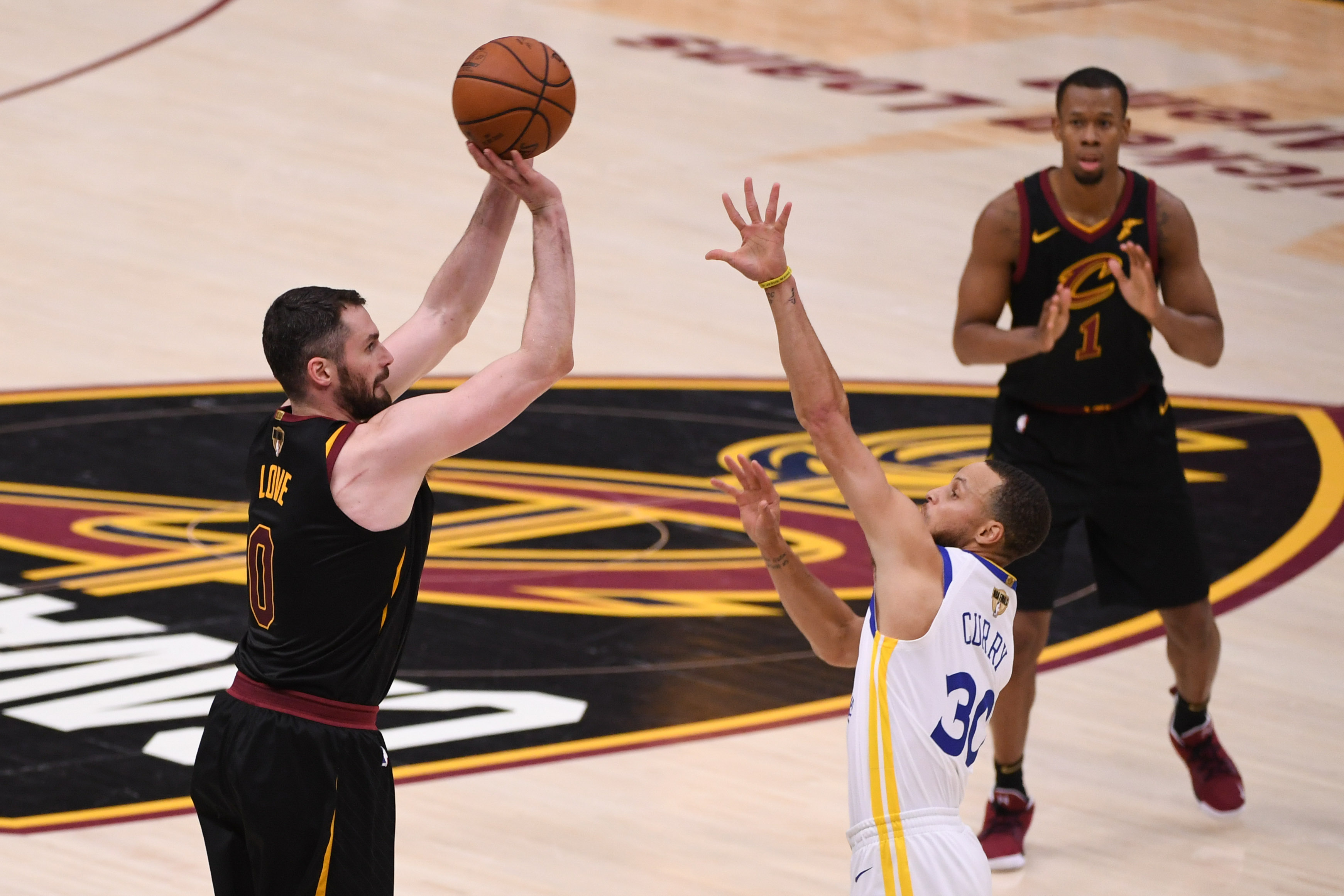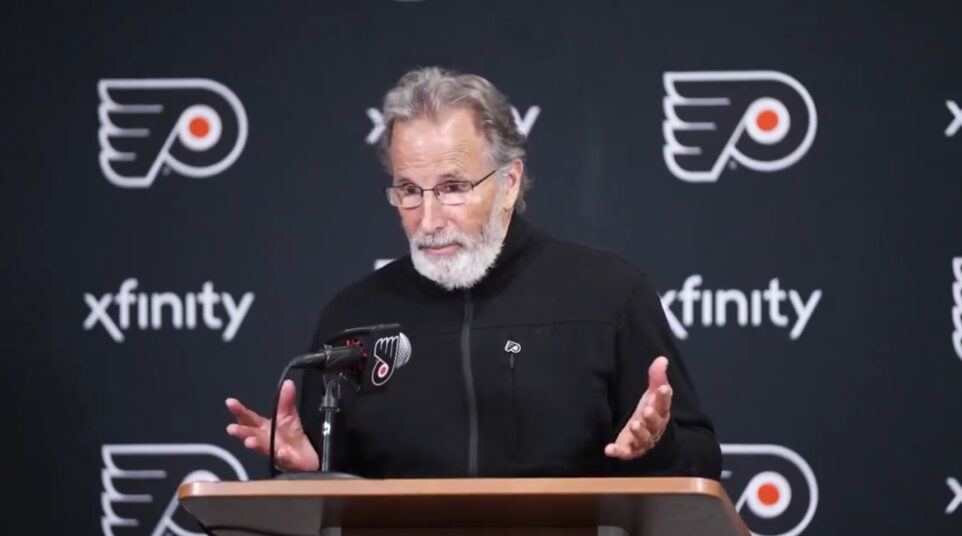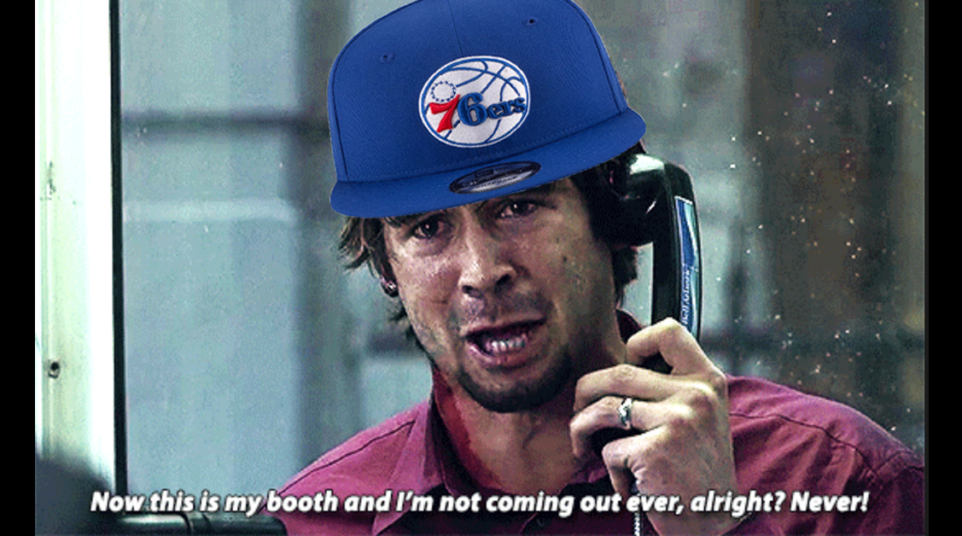
Some NBA Owners Apparently Want Access to Players' Mental Health Records
This popped up in an ESPN story written by Jackie MacMullan.
In case you haven’t been paying attention, a movement began this year to address concerns of mental health in the NBA. Kevin Love came forward to describe his struggles. DeMar DeRozan did the same. The NBA recently launched the “Mental Health and Wellness Program”, which is being funded by both the league and players association. Dr. William Parham was brought in to be the program’s first director.
Related to that, MacMullan’s article featured this nugget:
Yet there remain many obstacles to confront, chief among them the stigma attached to mental health that prompts many players to suffer in silence. The union also insists that mental health treatment be confidential, but some NBA owners, who in some cases are paying their players hundreds of millions of dollars, want access to the files of their “investments.” That is not, however, the league’s position. “The NBA fully supports protecting the confidentiality of players’ mental health information and, accordingly, committed to the players association that any mental health program we undertake would do so,” NBA spokesman Mike Bass says.
Confidentiality, says Love, has to be non-negotiable. Without it, he says, he never would have become comfortable enough to announce from that All-Star dais that he was seeking treatment.
It’s also a legal issue. I can’t imagine how NBA owners would navigate HIPAA laws to get those files. Lawyers would be licking their chops to take that case, if it ever made it to a courtroom.
But I can also understand where those owners are coming from. If you’re trying to build a winning program in the world’s best basketball league, you need to get player-personnel acquisition absolutely right. There’s no room for error, and if you sense that a player might be emotionally unstable or unreliable, then you’re probably not going to sign or draft that player. Is it fair? I don’t know. Is it discriminatory? Maybe. Is it reality? Yeah. But executives don’t sign or draft players because of social imperative or altruism, they do it to win games and run a successful business.
The other thing is that we also have to be 100% sure that people are correctly diagnosed by doctors and treated appropriately, instead of just using “mental health” as a catch-all excuse for someone who’s having a bad day. Suffering from stress? Everybody is. We all deal with assorted shit as human beings, but to claim “mental health” as a crutch or fallback isn’t fair to people with legitimate medical disorders who require proper attention and medication.
That’s apparently a significant amount of NBA players:
Kevin Love is hardly alone. Houston Rockets assistant coach John Lucas, a retired NBA player who has struggled with addiction and now runs a wellness aftercare program for athletes, estimates that more than 40 percent of NBA players have mental health issues, yet less than 5 percent of them are seeking help. (Asked if he thought Lucas was overstating the problem, Parham, the players association’s director of mental health and wellness, answered, “Not in the least.”)
Those issues, Lucas says, can directly lead to alcohol and drug abuse.
“It’s an epidemic in our league,” he says. “I’m talking about everything from ADHD to bipolar to anxiety and depression.”
….
“I’ve got three guys on my team — two on medication,” one Eastern Conference coach told me. “Some days they’re fine. Some days they aren’t. I’m trying to be as sensitive as I can, but I’m not a doctor or a psychiatrist, and sometimes I’m asked to be.”
The solution, to me, is to stay on the current path, where a guy like Love or DeRozan can exist in an environment that encourages openness and discussion. Ideally players can talk about their issues freely, get the required help from the league via the new mental health program, and go on to succeed on the court. Encourage real discussion instead of just finding a way to access their files, or wondering whether a guy like Markelle Fultz has the “yips” or not. We’re just guessing out loud instead of actually addressing the problem, if it even exists.
That’s the whole point – removing the stigma in the first place.
(MacMullan’s article is part of a five-part series on mental health in the NBA)





